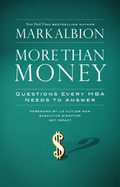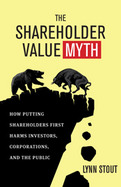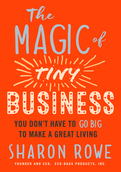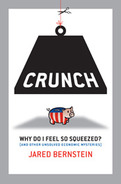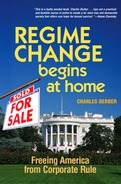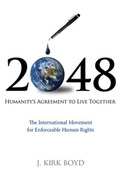2008
—Seth Godin, author of Linchpin
Too many of us feel trapped by work that keeps us from living our purpose. We fantasize about starting our own business, yet we're warned against falling into debt, working eighty hours a week, and coping with the pressure to grow. Eco-Bags Products founder Sharon Rowe says there's another way: go tiny.
Like a tiny house, a tiny business is built on maintaining a laser focus on what is essential by living an intentional life. As an entrepreneur and mother, Rowe is most concerned with putting family first, maintaining financial security, and doing something that makes an impact in the world. Using the success story of Eco-Bags Products, Rowe distills the step-by-step process of building a profitable, right-scaled, sustainable venture that doesn't compromise your values. She shows you how to test your concept, manage your money and priorities, and more, while staying true to the "tiny" ethos.
2008
Is Social Security really going bust, and what does that mean to me? If I hire an immigrant, am I hurting a native-born worker? Why does the stock market go up when employment declines? Should I give that homeless guy a buck? What’s a “living wage”? How much can presidents really affect economic outcomes? What does the Federal Reserve Bank really do? And even when some pundits say the economy’s sound, why do I still feel so squeezed?
If you’d like some straight answers, premier economist Jared Bernstein is here to help. In Crunch he responds to dozens of questions he has fielded from working Americans, questions that directly relate to the bottom-line, dollars-and-cents concerns of real people. Chances are if there’s a stumper you’ve always wanted to ask an economist, it’s solved in this book.
Bernstein is fed up with “Darth Vaders with PhDs” who use their supposed expertise to intimidate average citizens and turn economics into a tool for the rich and powerful. In the pages of Crunch, Bernstein lays bare the dark secret of economics: it’s not an objective scientific discipline. It’s a set of decisions about the best way to organize our society to produce and distribute resources and opportunities. And we all can, and must, participate in these decisions. “America is a democracy,” he writes. “And in a democracy all of us, not just the elites and their scholarly shock troops, get to weigh in on biggies like this.”
To not weigh in, Bernstein insists, is a profoundly political act, one with damaging consequences. Our economy will be only as fair as we can make it. In this lively and irreverent tour through everyday economic mysteries, Bernstein helps us decode economic “analysis,” navigate through murky ethical quandaries, and make sound economicdecisions that reflect our deepest aspirations for ourselves, our families, and our country.
- By the author of the internationally acclaimed books Corporation Nation, The Wilding of America, People Before Profit, and The Pursuit of Attention
- Shows that Americans are ruled not just by a particular administration but by a corporate regime, spanning several decades and incorporating both mainstream political parties, which puts the interests of big business ahead of those of ordinary Americans
- Offers hope-and detailed strategies and tactics-for defeating the corporate regime and returning America to its people
2010
The handbook of an extraodinary project:


